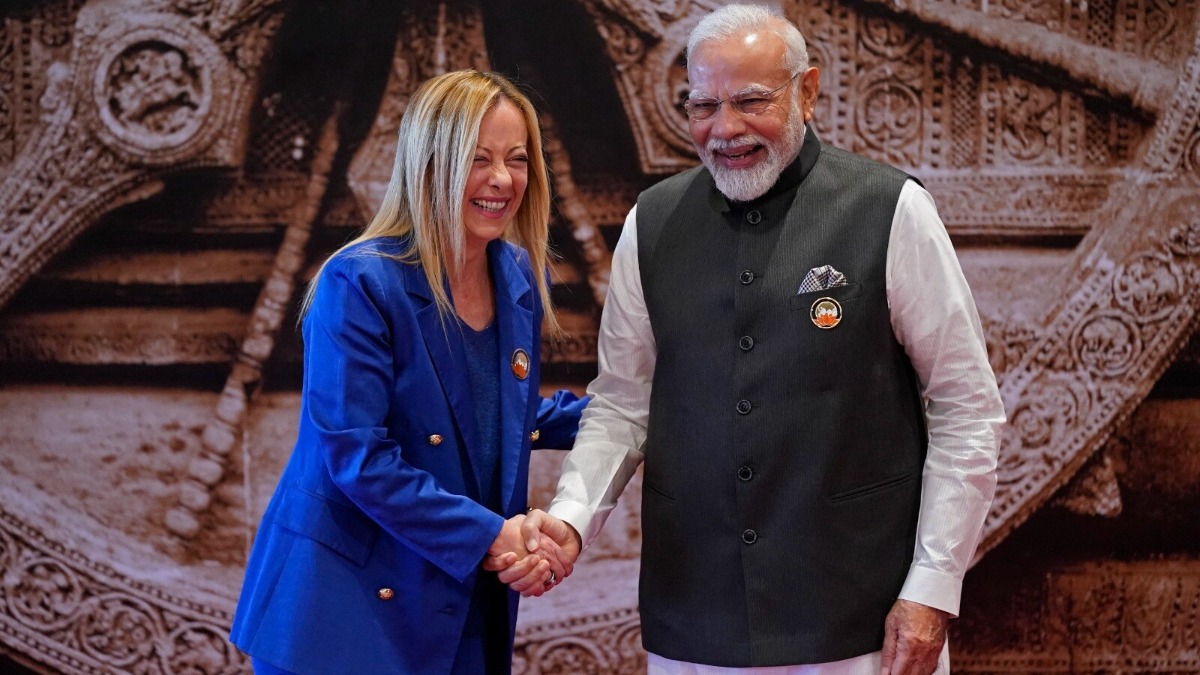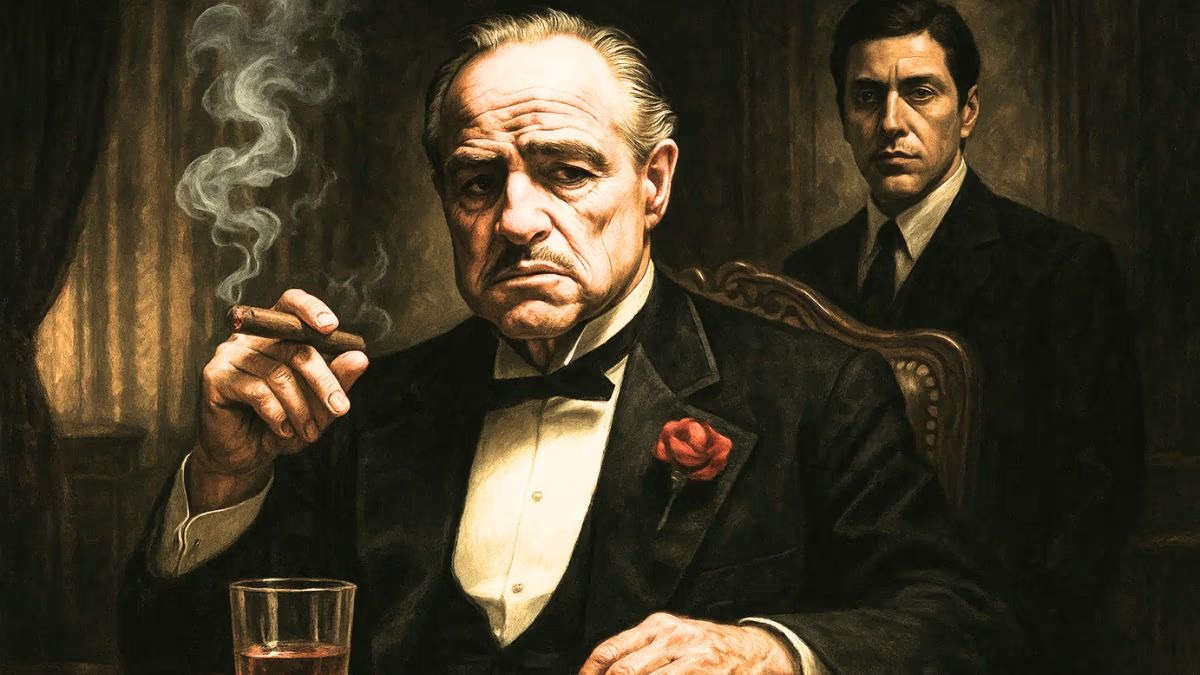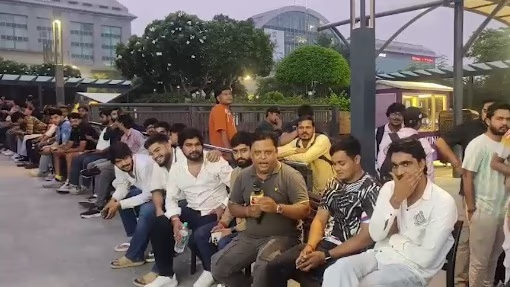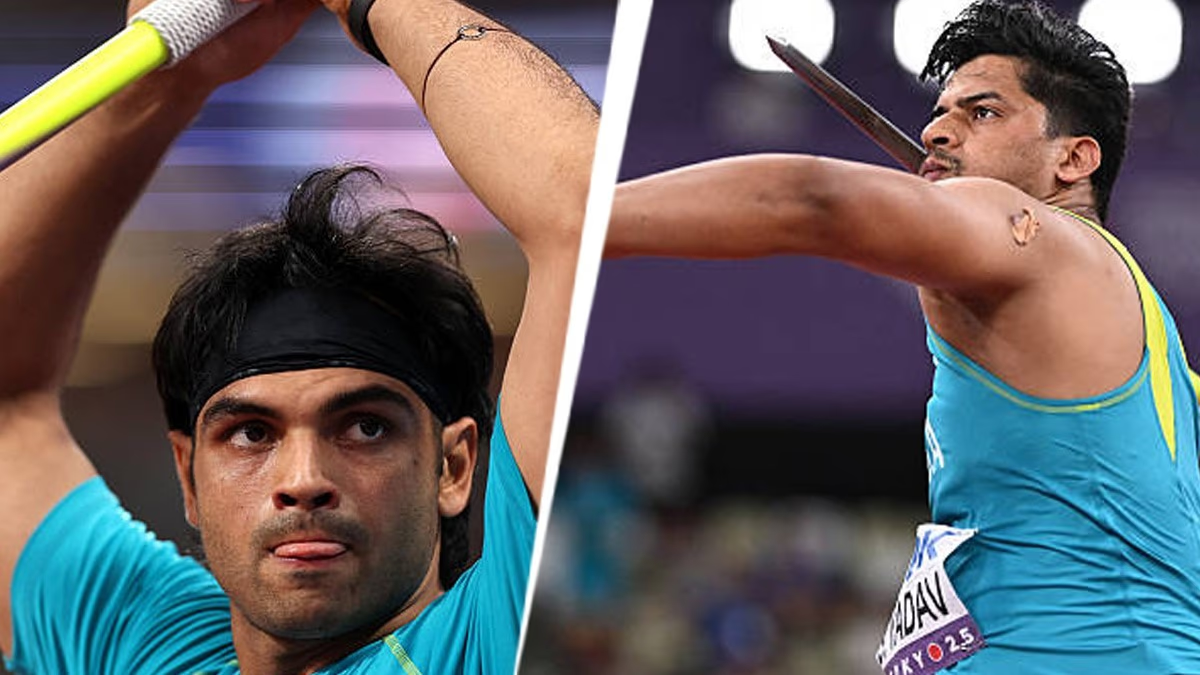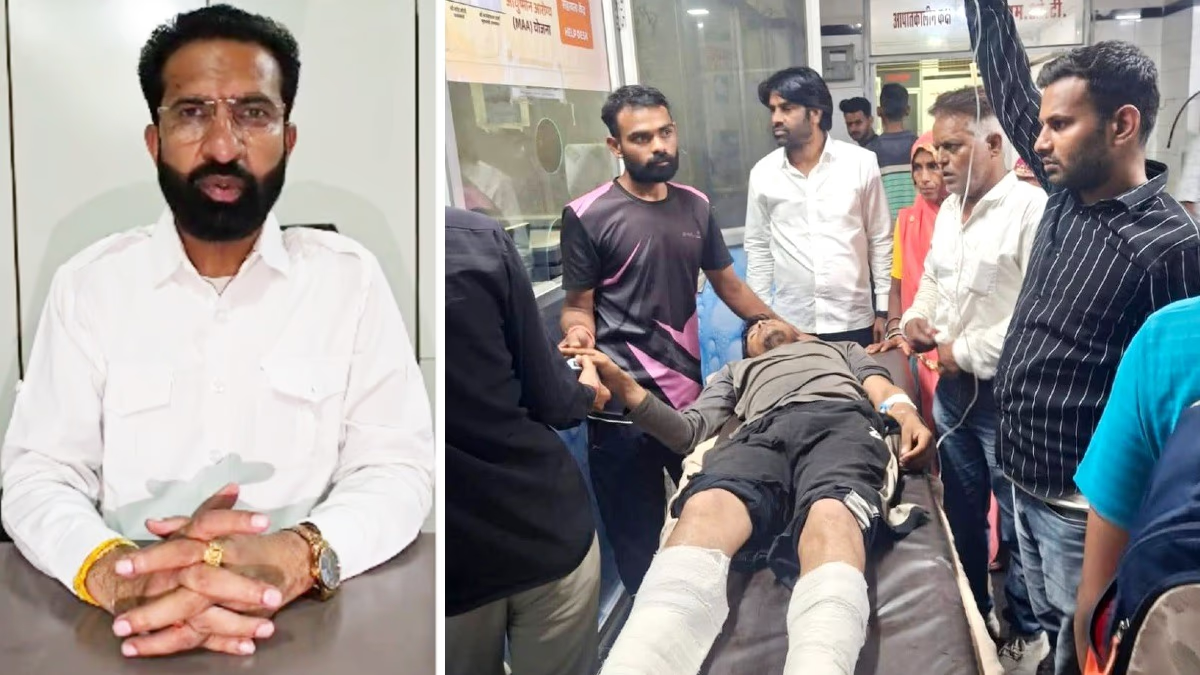The war in Ukraine has entered its third year, with far-right parties igniting drama across European and Middle Eastern power centers. This week, the democratic world urgently requires the G-7 to deliver strong leadership. The coastal resort of Borgo Egnazia in southern Italy is potentially the weakest gathering of G-7 leaders in years. They are distracted by elections or domestic crises, disillusioned after years in office, or desperately clinging to power, with the exception of Meloni, who stands out as a strong presence at the G-7 summit.
India's growing influence resonates at the G-7
Departing for Italy at approximately 6:40 PM, Prime Minister Modi makes his first international visit after being re-elected for the third time. Yet, even before Modi's arrival, Italy's G-7 has felt the impact of India. Italian Prime Minister Georgia Meloni greeted her guests with a 'Namaste'.
Normally, Indian leaders welcome their counterparts from other countries with folded hands. Prime Minister Modi did the same with Meloni during the G-20 summit held in India, after which they shook hands. However, what is causing a stir at the G-7 before the anticipated meeting between Modi and Meloni is the fact that Meloni greeted the President of the European Commission with a Namaste after the German Chancellor, reflecting India's growing impact.
Probing global power dynamics: Two Wars at Hand
As the host, Meloni warmly welcomed all leaders. US President Joe Biden was so pleased with the welcome that he saluted Meloni as a gesture of respect. The talk, however, is less about the welcome and more about the overall timing of the G-7 event, which occurs amidst not one but two ongoing global conflicts, in addition to the escalating rivalry between America, the West, and China.
G-7 leaders wrestle with dwindling power and credibility
Key global issues are likely to be debated during the summit, including concerns related to Russia, China, Ukraine, Israel, and Africa. But the overarching narrative is that the leaders who have gathered in Italy during such a stark crisis are themselves at their weakest mind state, both domestically and internationally. Emmanuel Macron raged at his party's defeat in recent European Union elections and has announced mid-term elections in France, hinting at his party's shaky condition.
The same goes for Rishi Sunak, who decided to trigger elections prematurely. Surveys suggest that Sunak might face defeat. German Chancellor Olaf Scholz isn't in a favorable position either. Just last week, his party faced a crushing defeat in the European Parliament elections, sparking speculation about his potential removal. In Canada, after nine years in office, former Prime Minister Justin Trudeau's chances of maintaining his position are openly challenged, and Japan's Prime Minister Fumio Kishida's personal ratings are at an all-time low.
